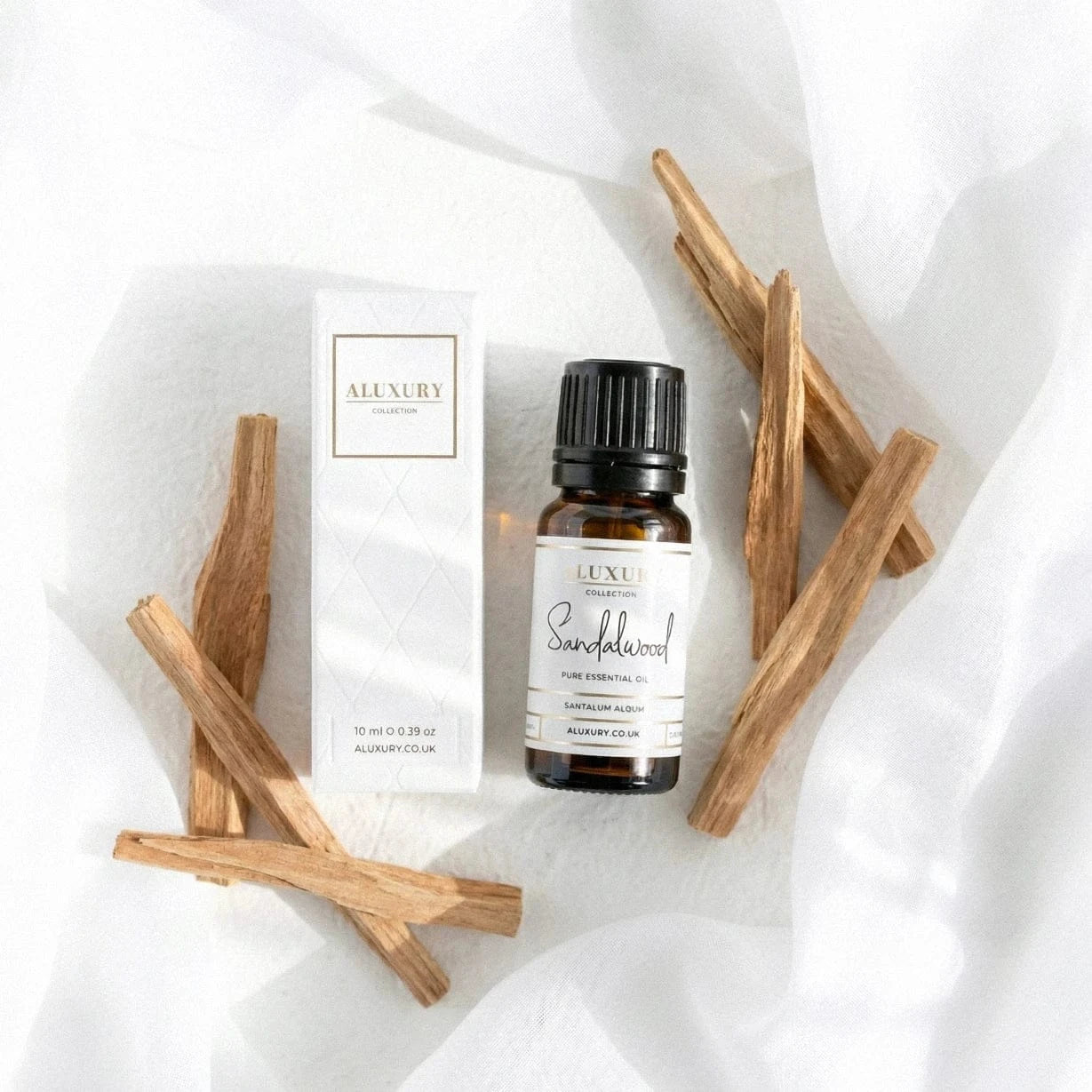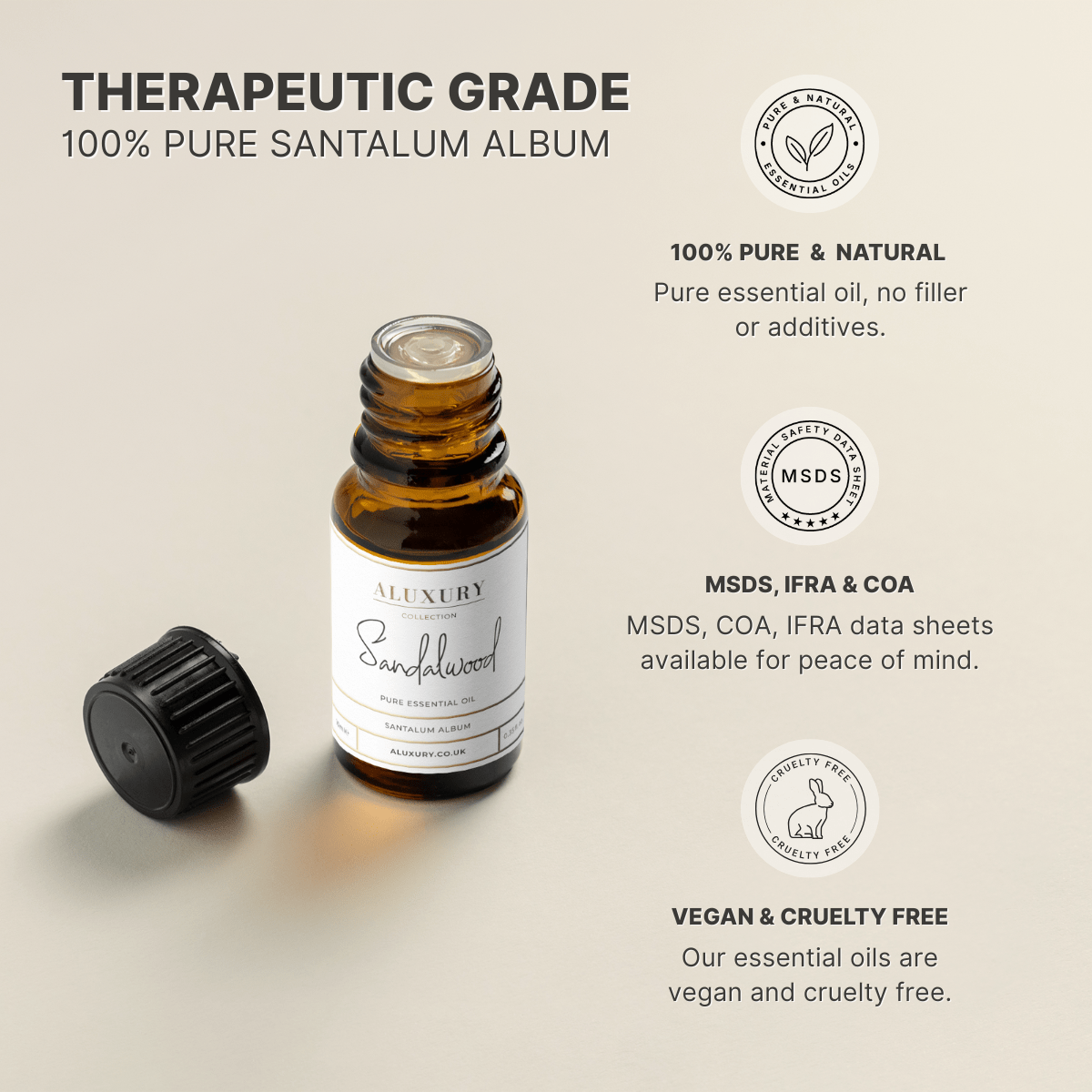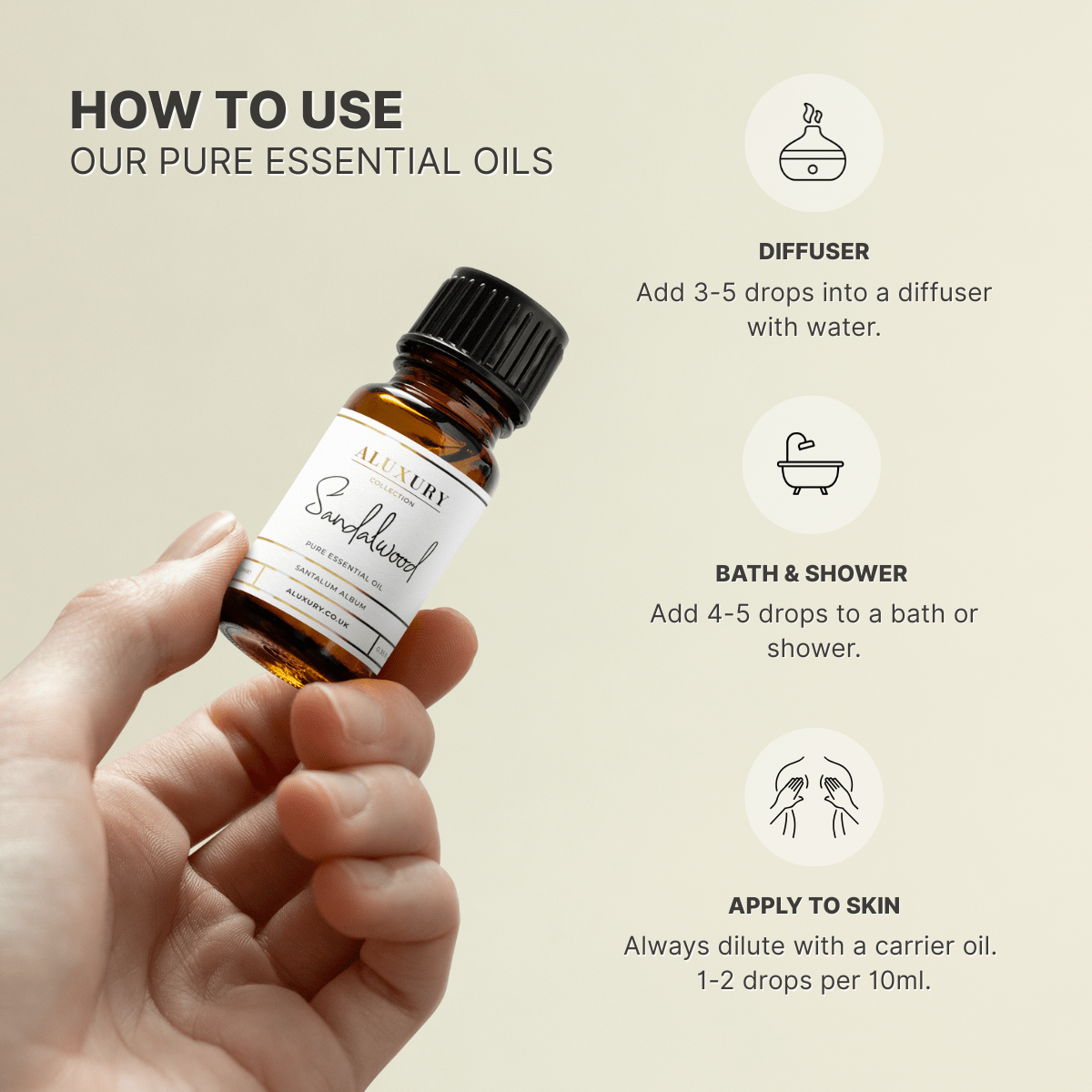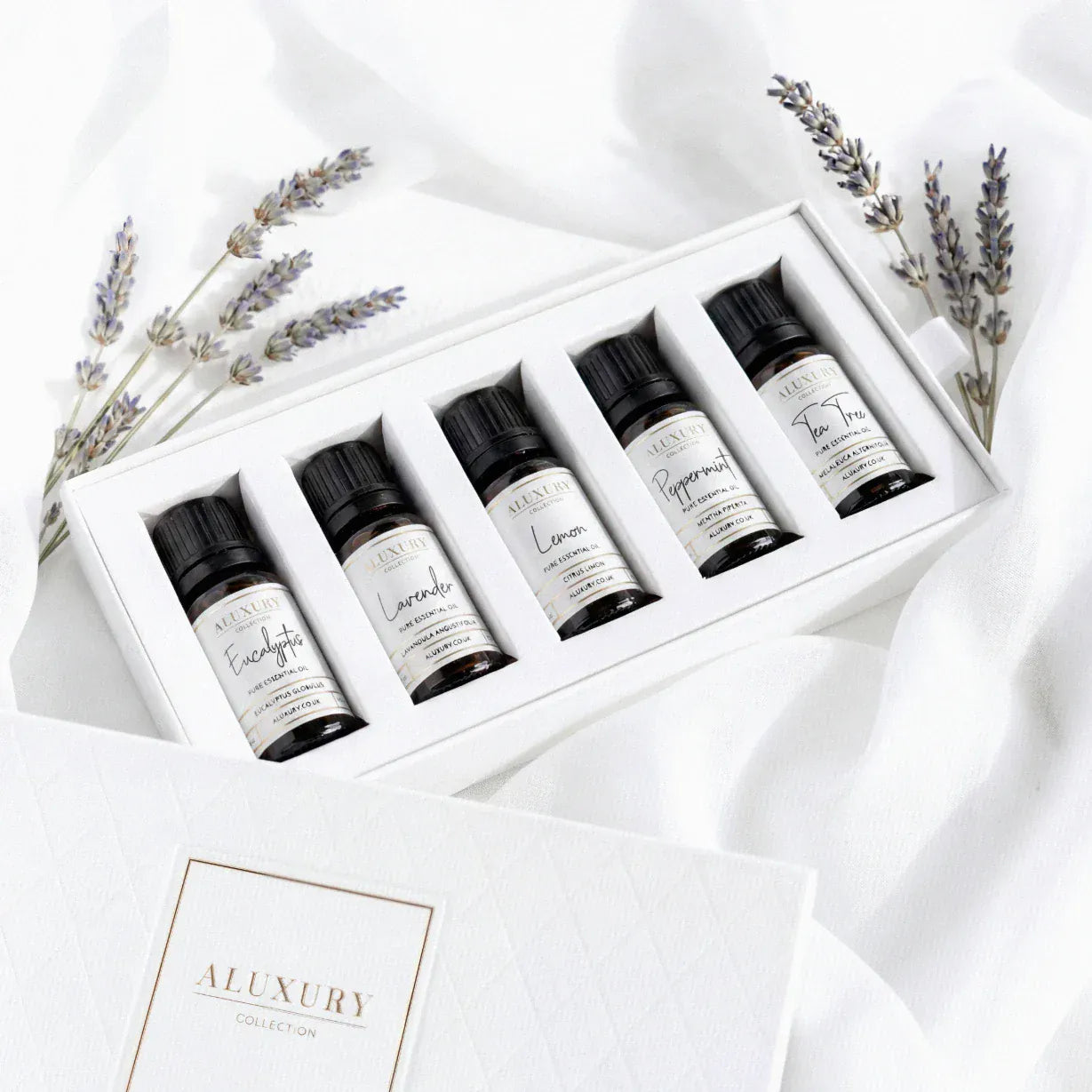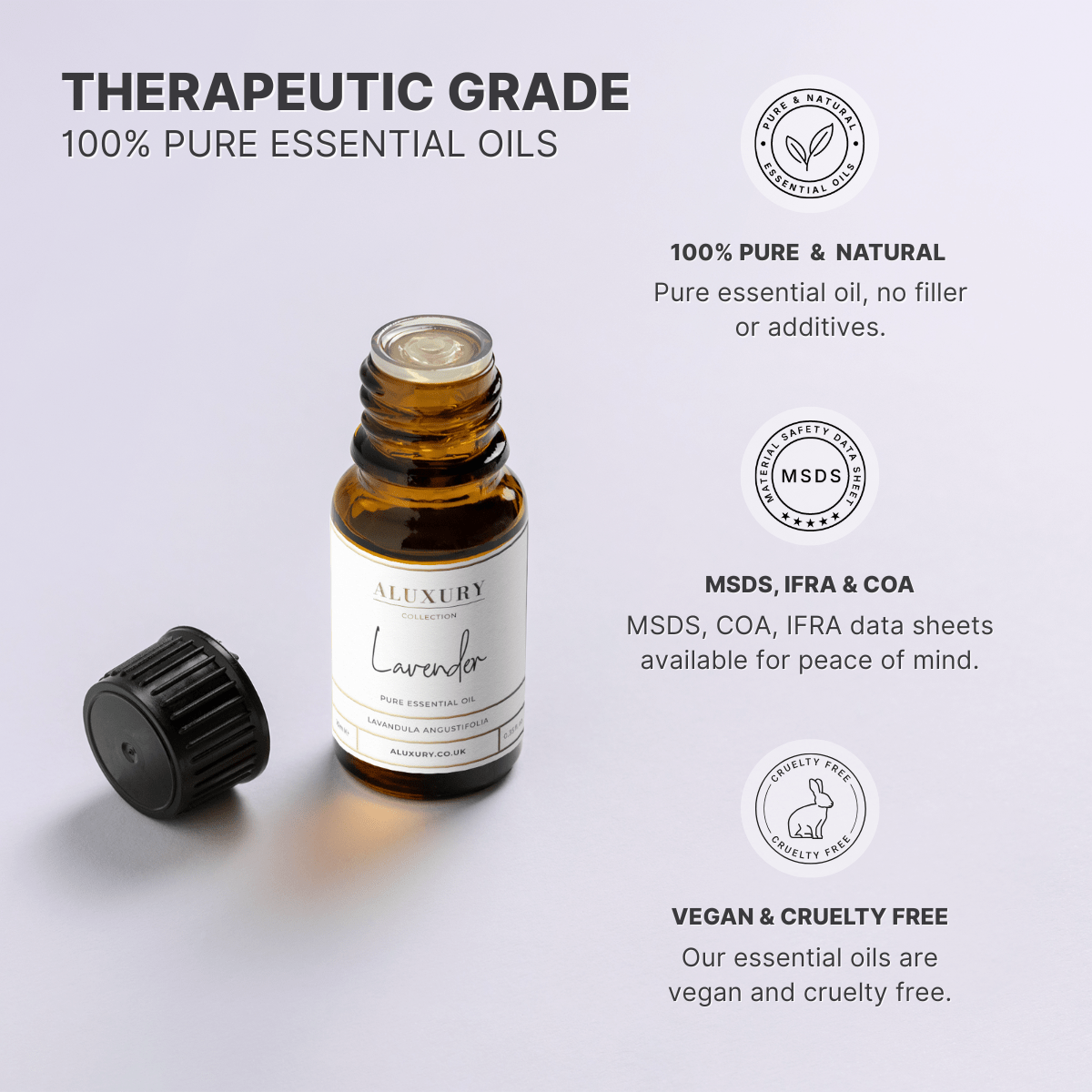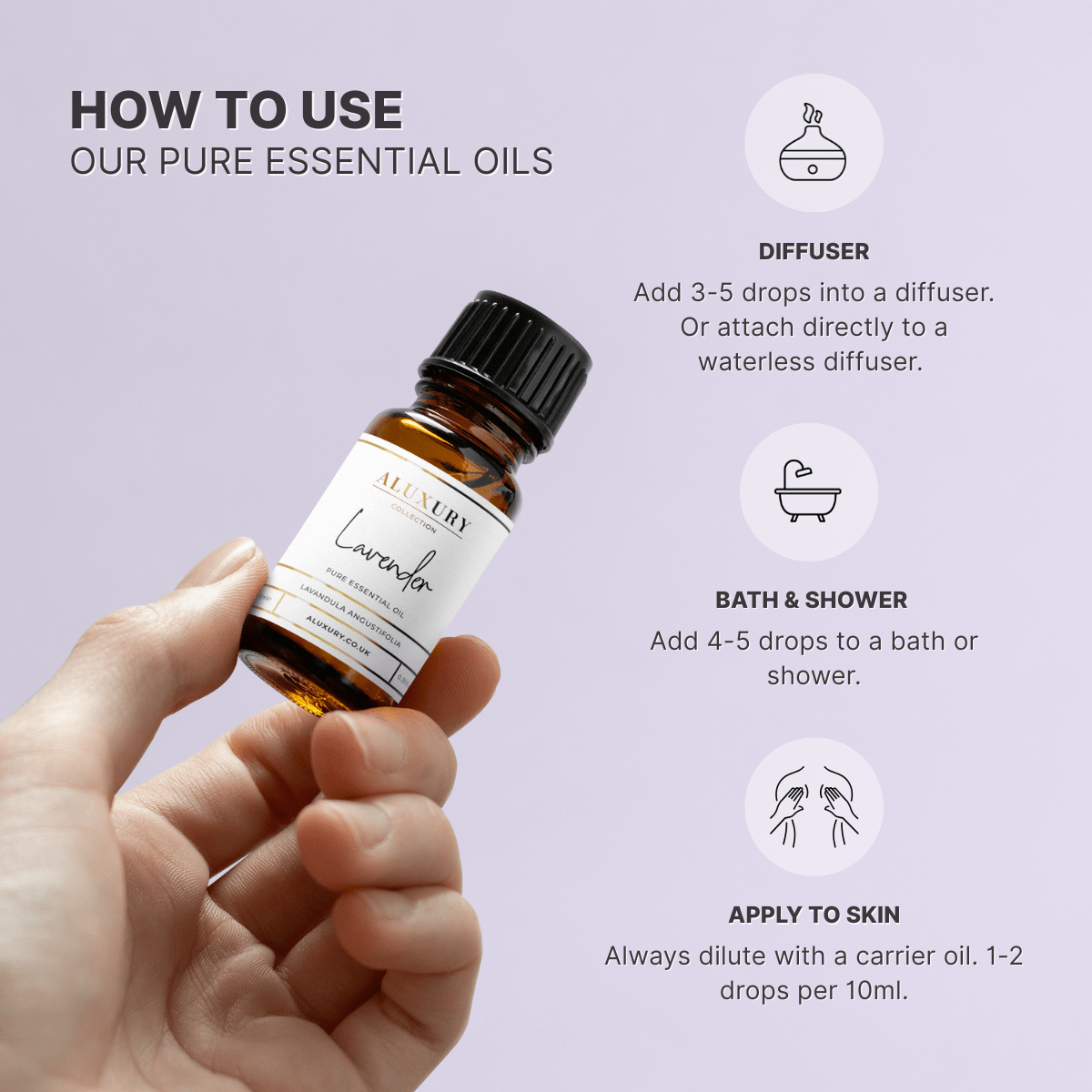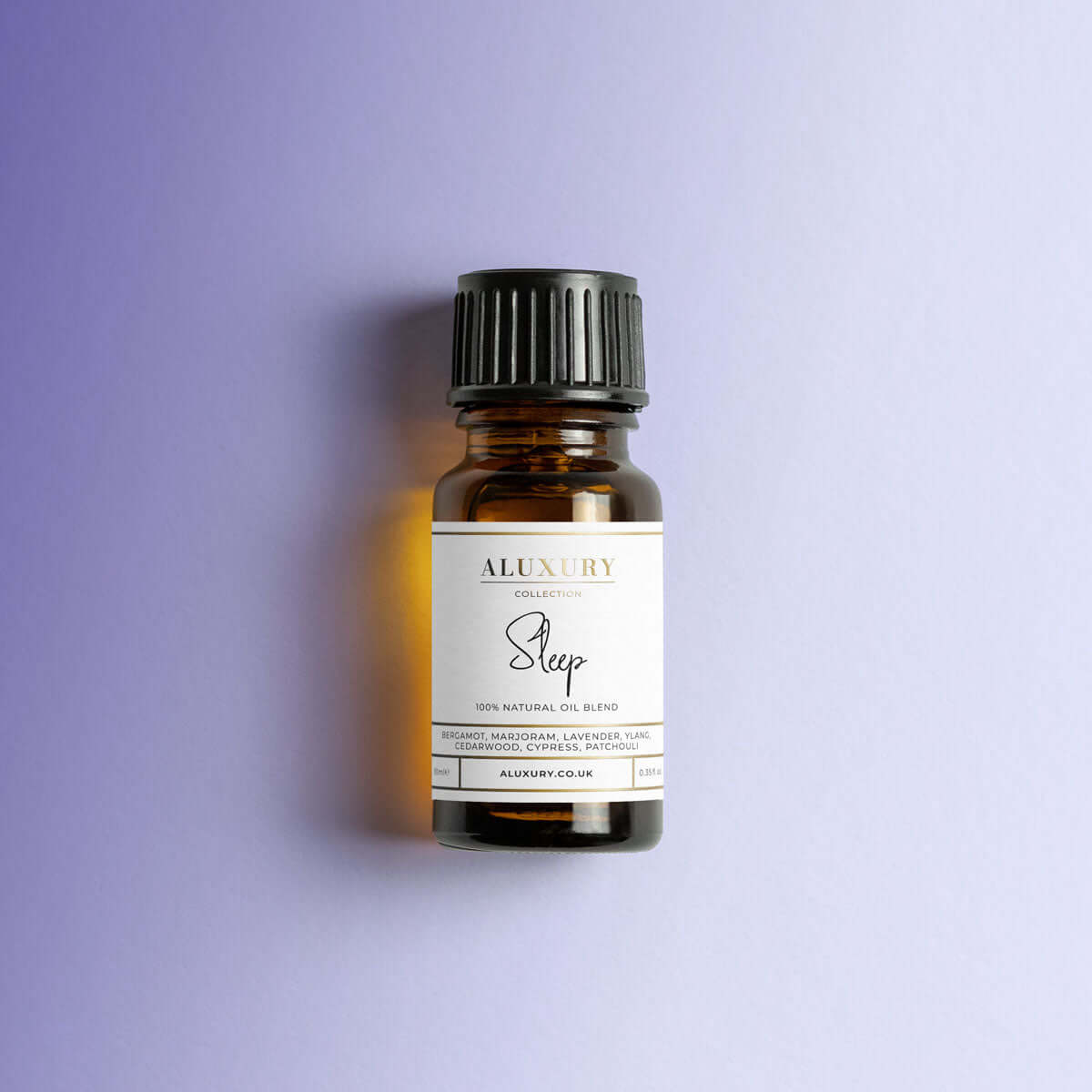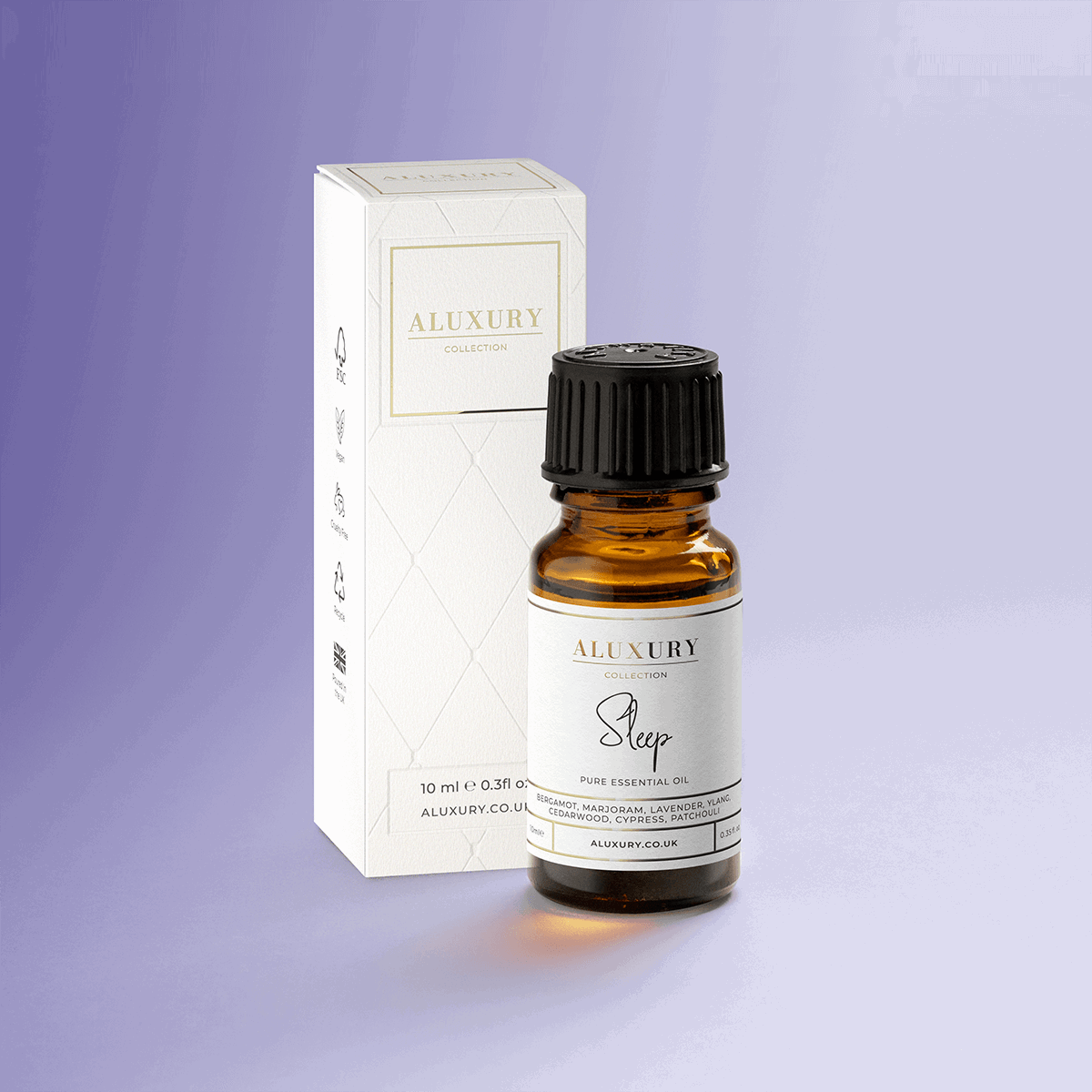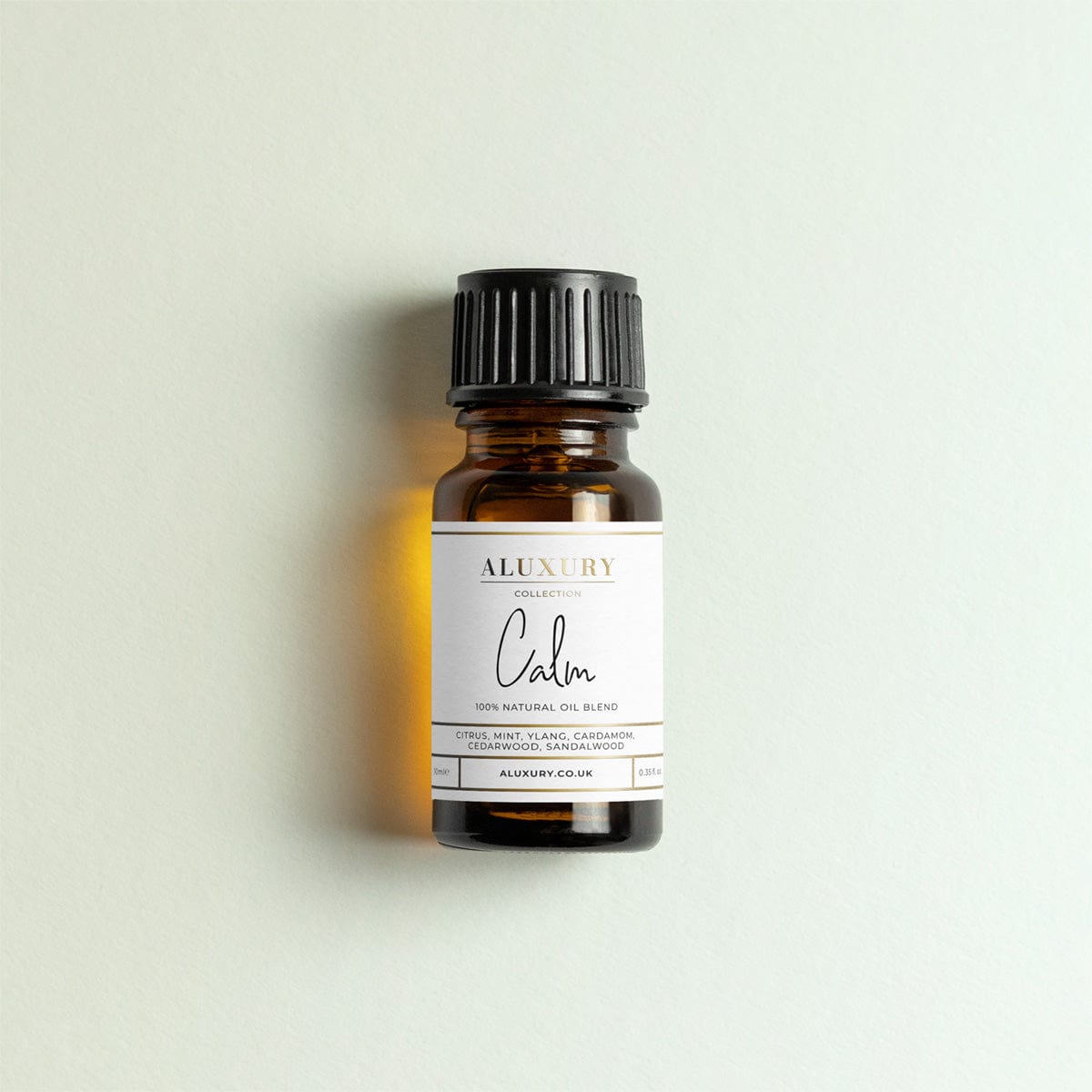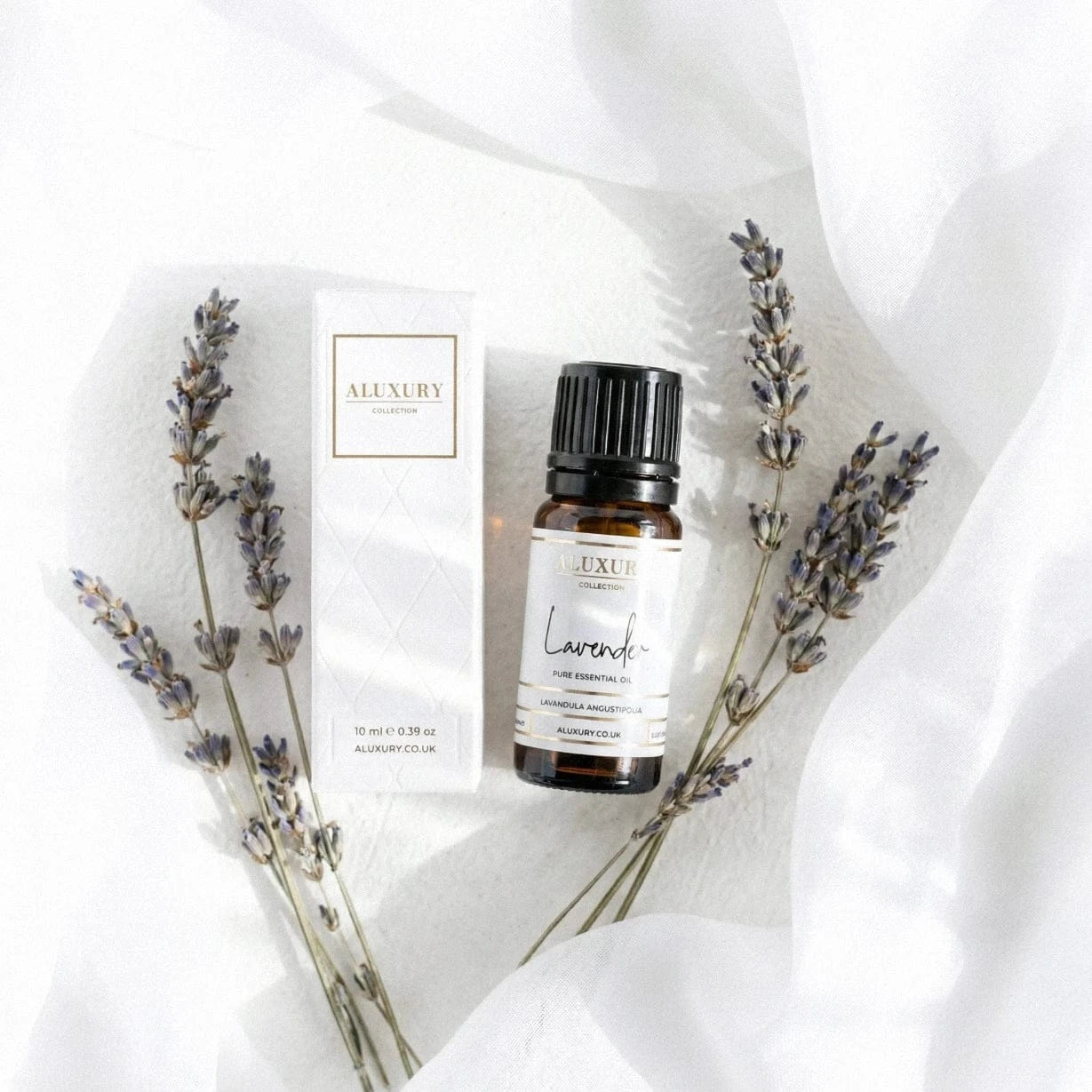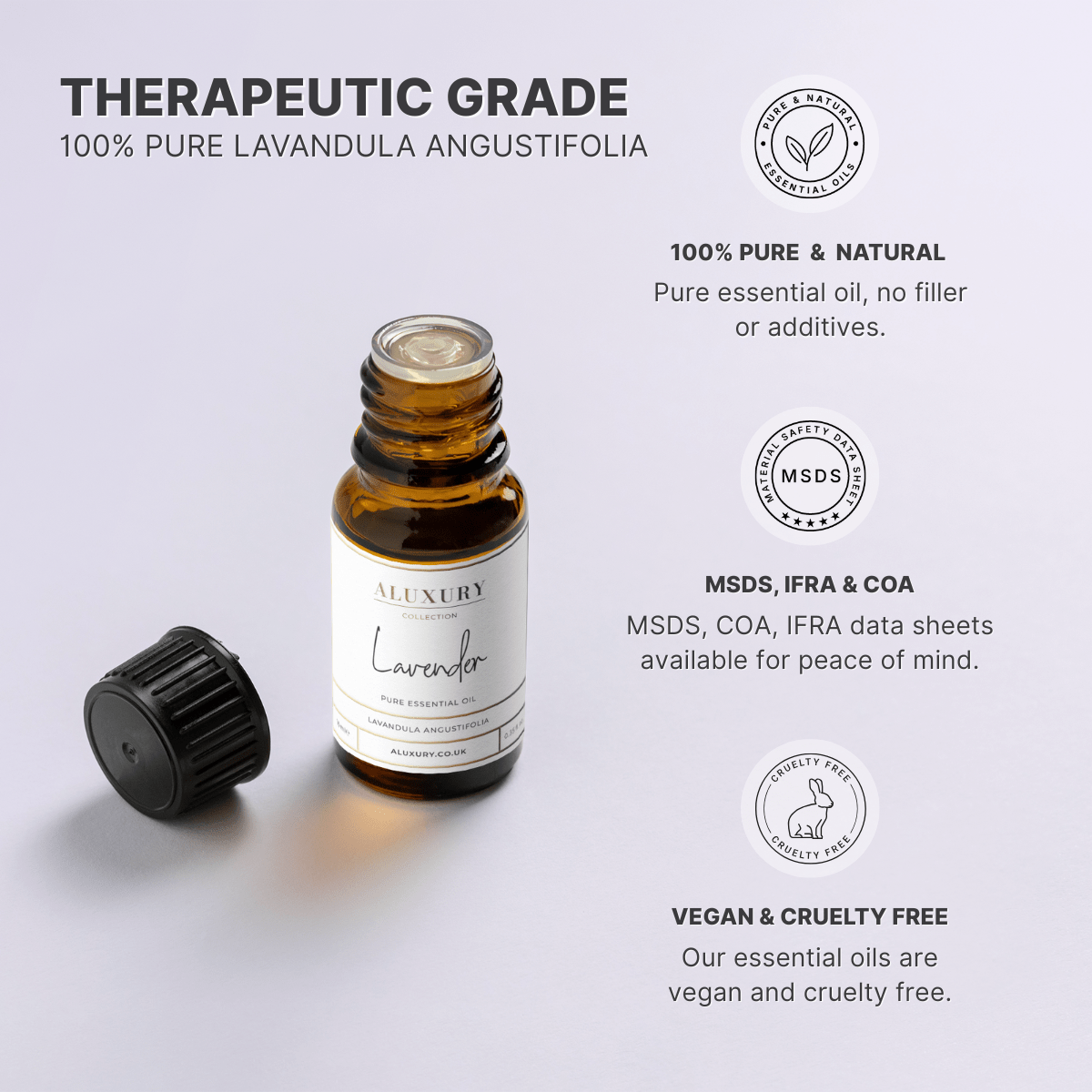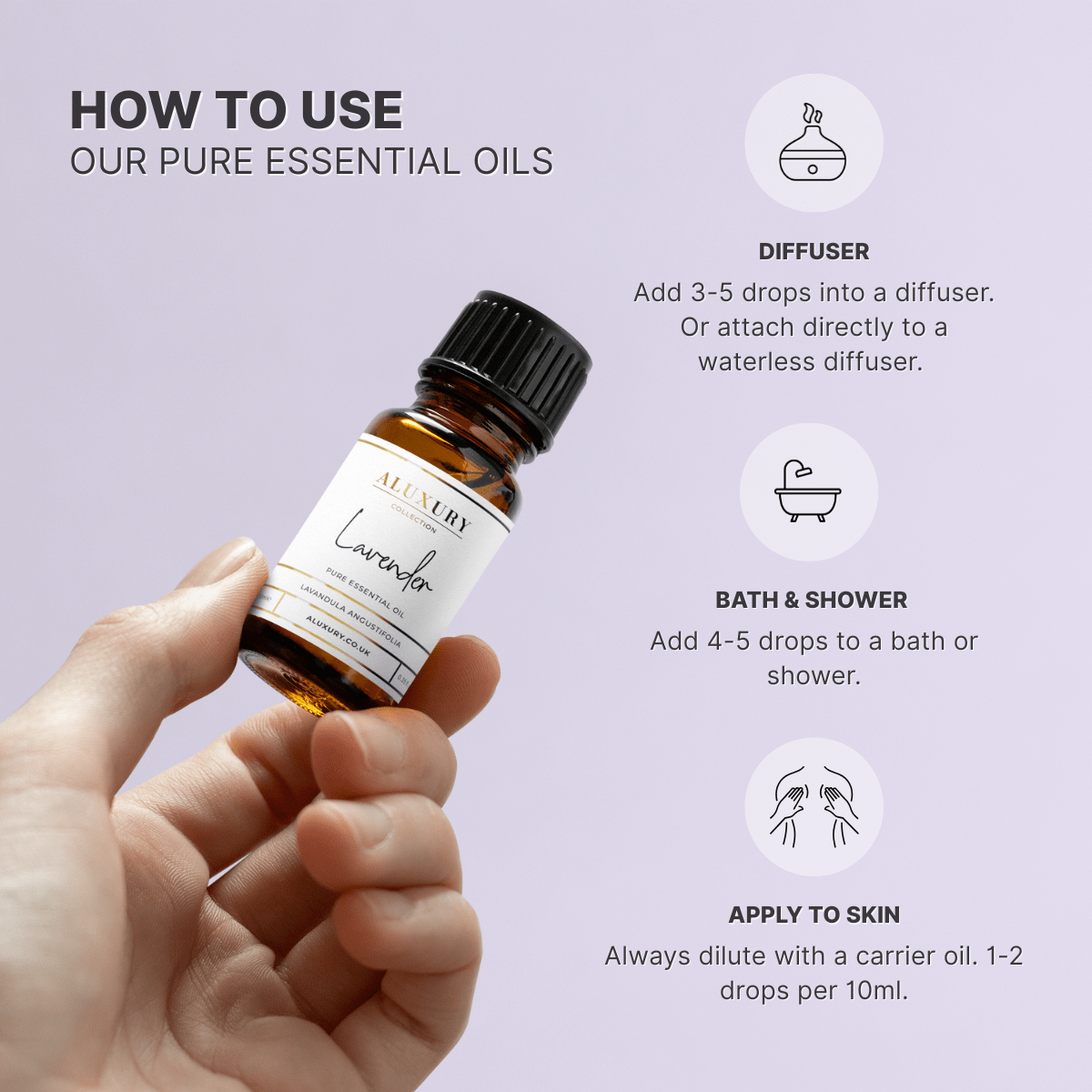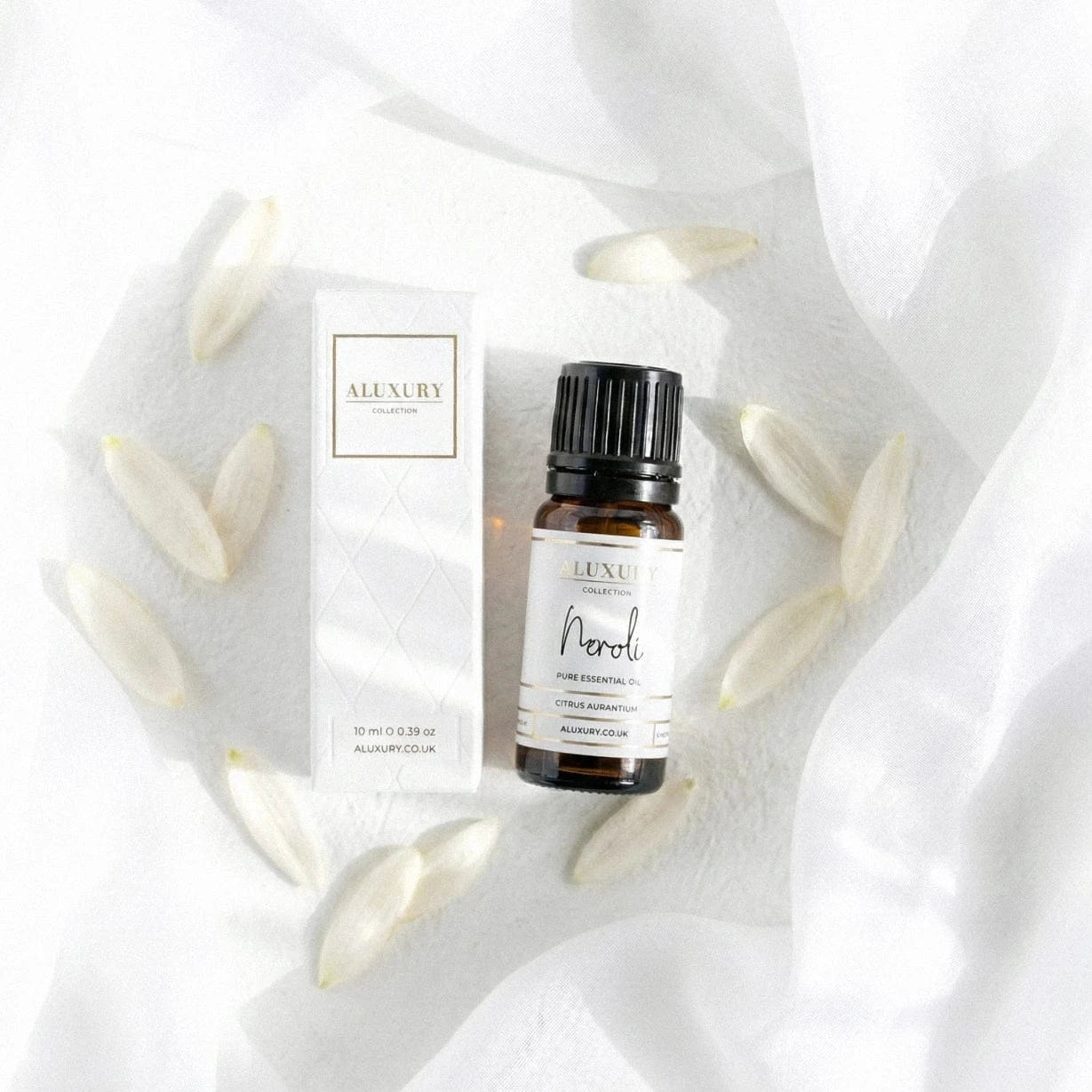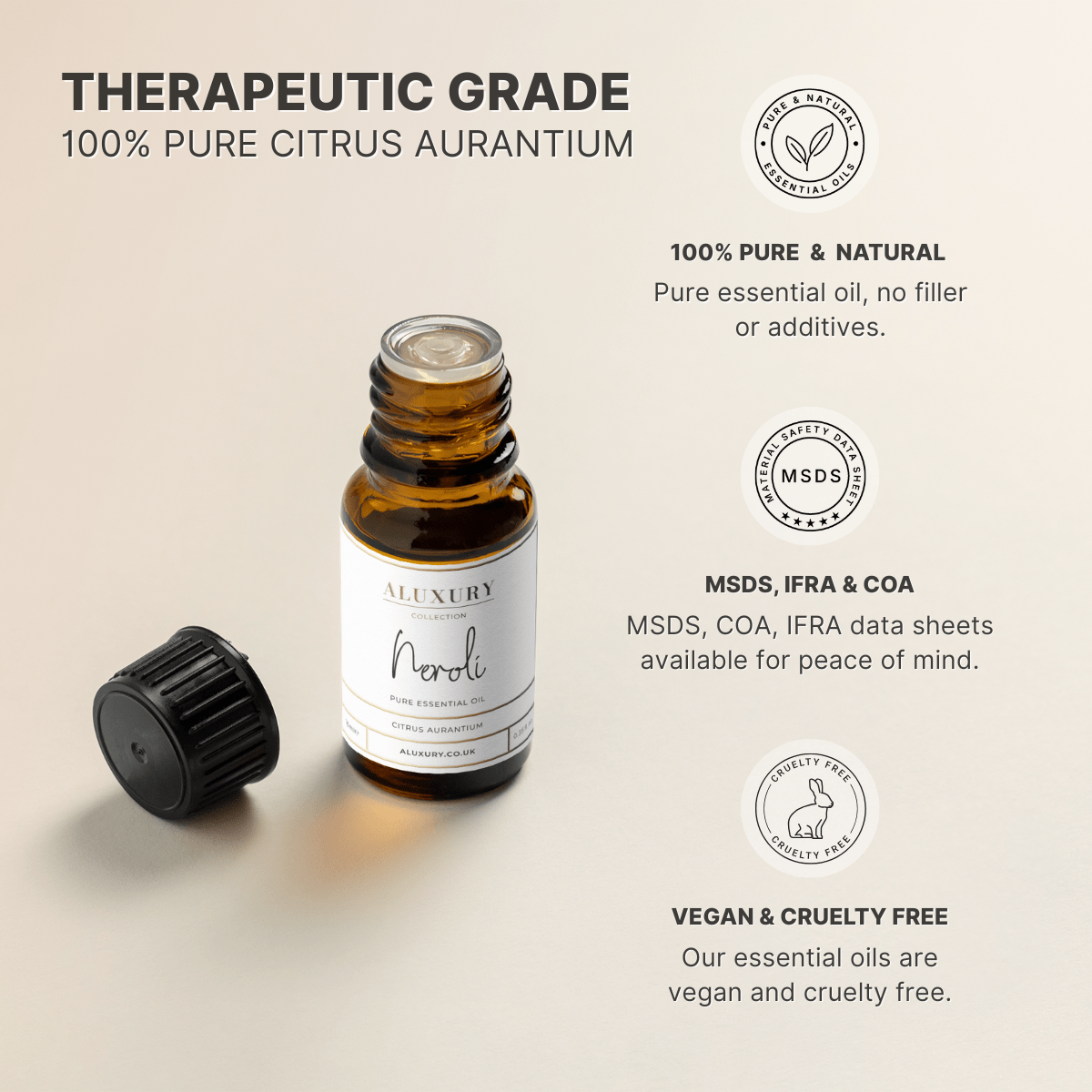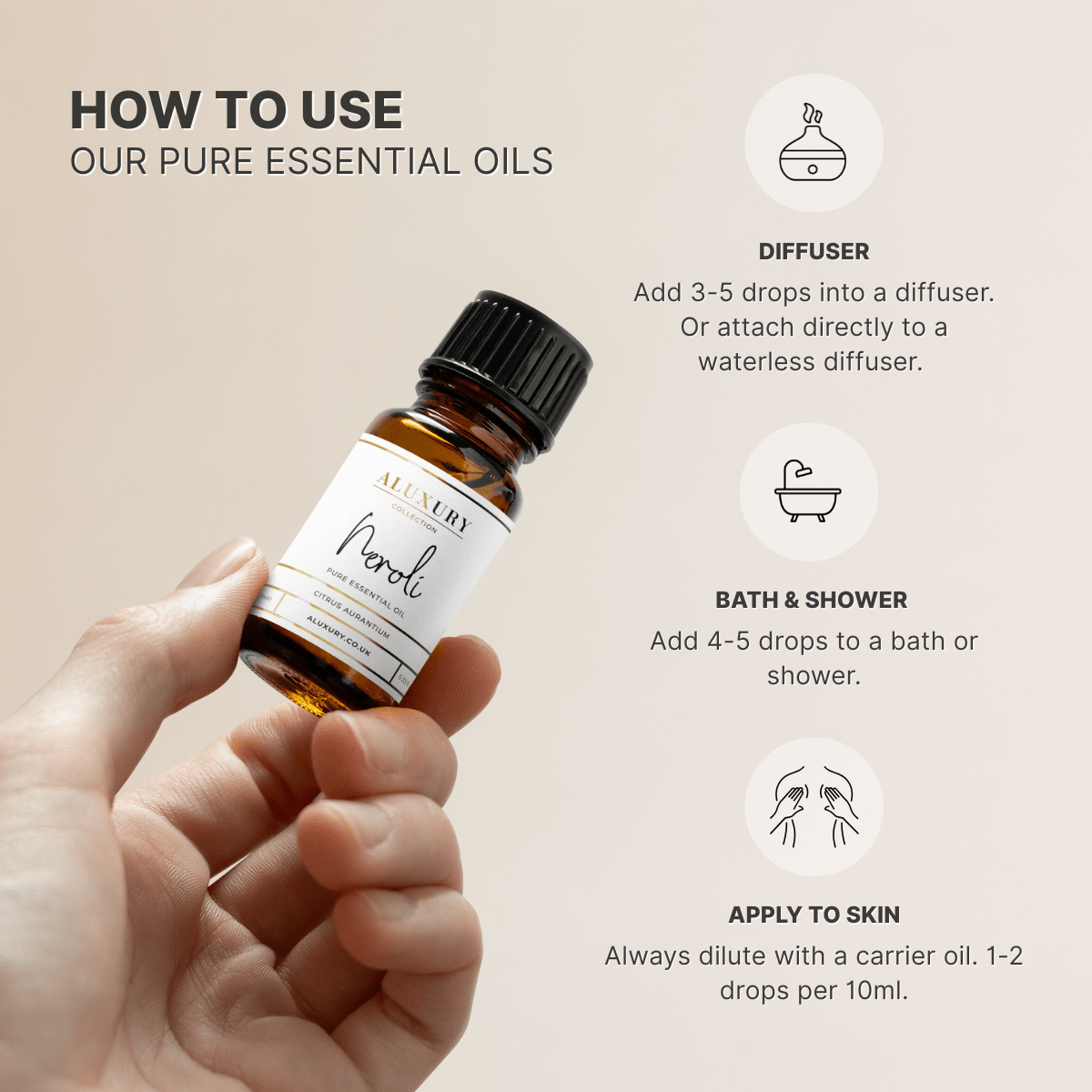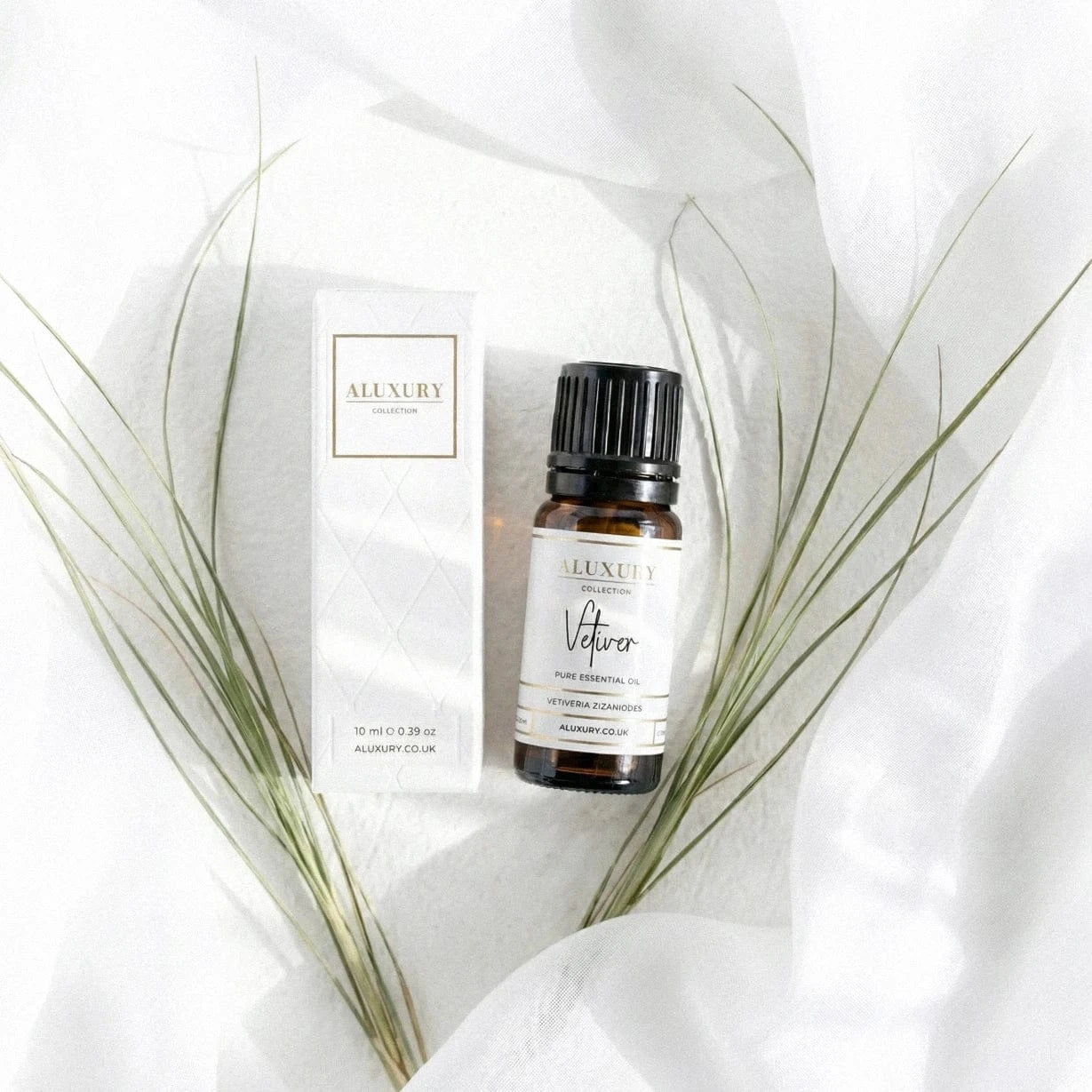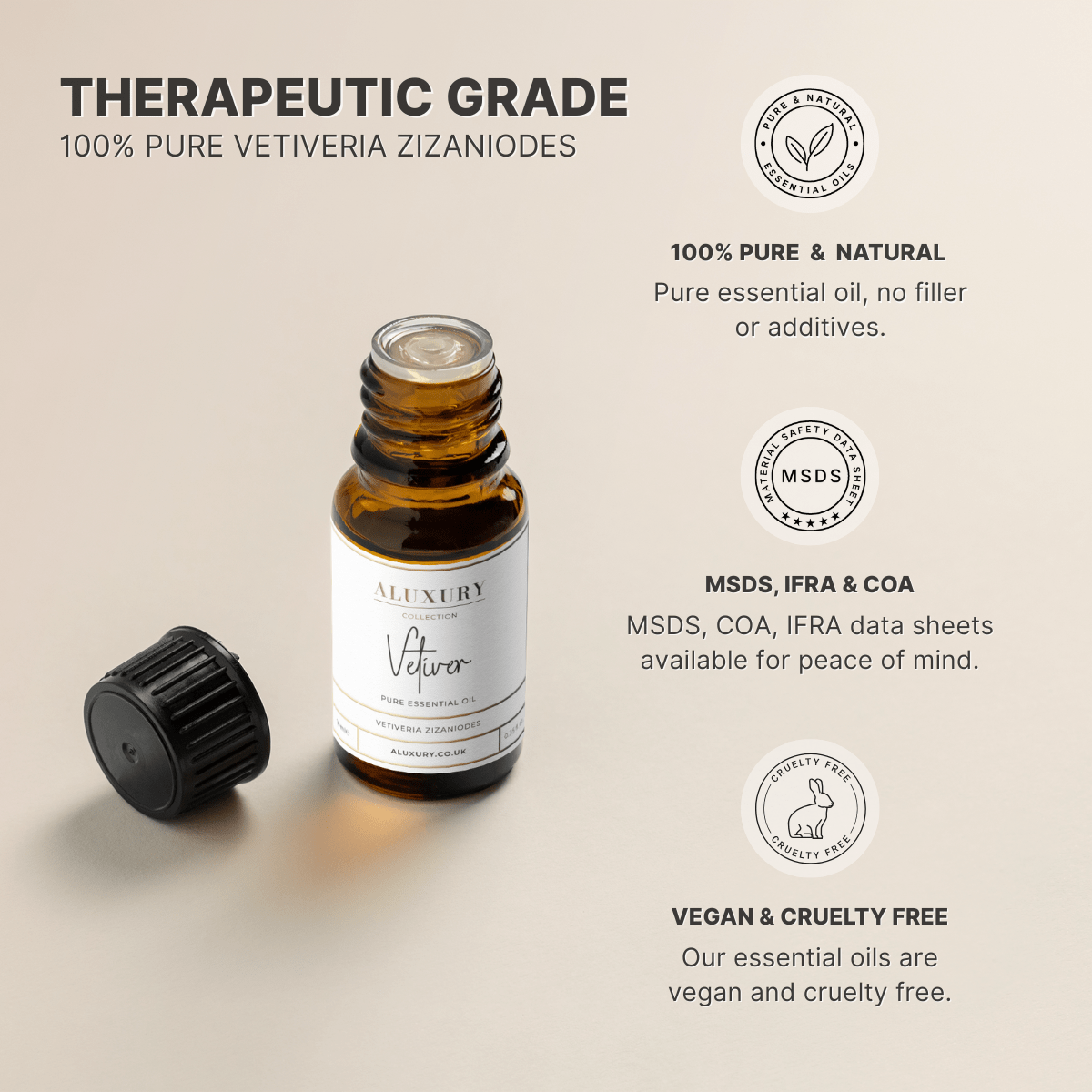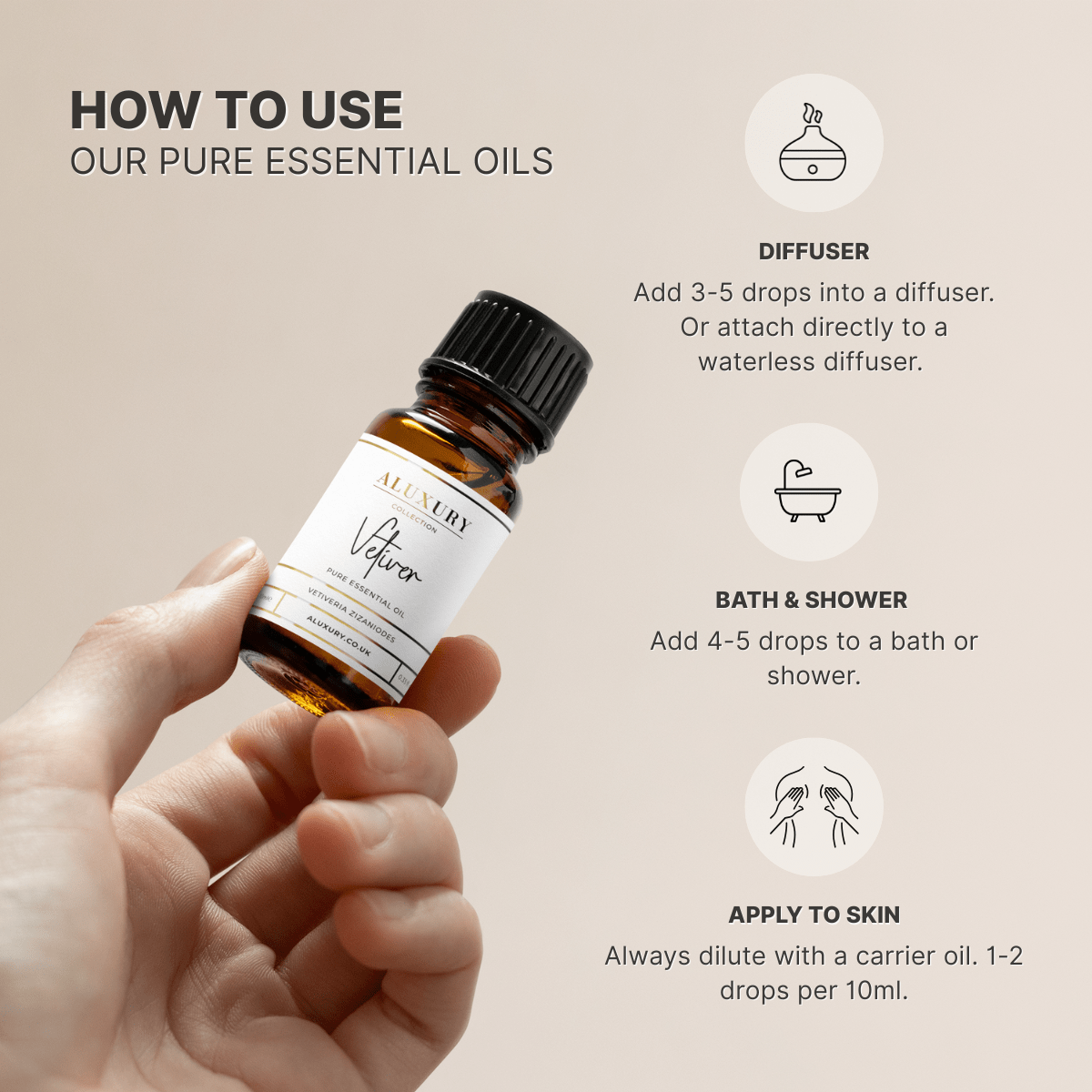Essential Oils for Sleep
Struggling to fall asleep or stay asleep? Our carefully selected sleep essential oils offer a natural, non-habit forming solution for better rest. Used for centuries to promote relaxation and improve sleep quality, these pure essential oils can help you establish a calming bedtime routine and wake feeling refreshed.
Whether you're dealing with occasional sleeplessness, shift work, or chronic insomnia, find the perfect oil or blend to support your journey to better sleep. From classic lavender to exotic sandalwood, each oil is chosen for its proven sleep-promoting properties.
11 products
Why Choose Essential Oils for Sleep?
• Natural alternative to sleep medications - Unlike pharmaceutical sleep aids, essential oils work with your body's natural sleep cycles without creating dependency or morning grogginess. Many customers report better quality sleep without the side effects associated with sleeping tablets.
• Clinically studied effectiveness - Research published in peer-reviewed journals demonstrates that certain essential oils, particularly lavender, can increase slow-wave sleep, reduce heart rate, and improve overall sleep quality. Studies show users fall asleep an average of 15 minutes faster.
• Create a sleep-inducing ritual - The simple act of diffusing oils or applying them before bed signals to your brain that it's time to wind down. This consistent routine helps regulate your circadian rhythm naturally, making it easier to fall asleep at the same time each night.
• Safe for the whole family - When properly diluted, many sleep-promoting oils are gentle enough for children and elderly family members. Unlike sleep medications that may interact with other drugs, essential oils offer a safer option for most people.
How to Use Essential Oils for Sleep
Diffusion Method: Add 5-8 drops to your bedroom diffuser 30 minutes before bedtime. This allows the aroma to fill your space, creating a calming atmosphere. For best results, use a timer-equipped diffuser that automatically shuts off after 1-2 hours.
Pillow Spray: Mix 10-15 drops of essential oil with 60ml of distilled water and a teaspoon of witch hazel in a spray bottle. Shake well and lightly mist your pillow and bedding 10 minutes before sleep. Refresh every few nights.
Topical Application: Dilute 2-3 drops in a teaspoon of carrier oil and massage into the soles of your feet or temples. The feet have large pores that quickly absorb oils, while temple massage can relieve tension headaches that interfere with sleep.
Bedtime Bath: Add 5-8 drops to a tablespoon of whole milk or bath salts, then add to warm bath water. Soak for 15-20 minutes before bed. The combination of warm water and calming oils helps lower body temperature afterwards, triggering sleepiness.
Complete Guide to Sleep Essential Oils
Understanding Sleep and Aromatherapy
Sleep difficulties affect one in three UK adults, with stress and anxiety being leading causes. Essential oils work through the limbic system - the brain's emotional centre - to promote relaxation and prepare the body for rest. When inhaled, aromatic molecules trigger responses that can lower heart rate, reduce cortisol levels, and increase production of sleep-promoting neurotransmitters.
How to Choose the Right Sleep Oil
Selecting the best oil depends on your specific sleep challenge:
- Can't switch off racing thoughts? Try vetiver or sandalwood for their grounding properties
- Wake frequently during the night? Lavender and marjoram can promote deeper, uninterrupted sleep
- Anxiety keeping you awake? Bergamot and ylang ylang address emotional tension
- Children's bedtime struggles? Roman chamomile and mandarin are gentle yet effective
Popular Uses for Sleep Oils
- Pre-sleep Meditation: Diffuse frankincense or sandalwood during evening meditation or breathing exercises. These oils promote mindfulness and help transition from day to night mode.
- Sleep Massage Blend: Combine lavender, chamomile, and clary sage with sweet almond oil for a relaxing foot or shoulder massage. Partners can take turns giving massages as part of a bedtime routine.
- Travel Sleep Support: Create a portable sleep blend in a roller bottle to maintain sleep routines while travelling. The familiar scent helps signal bedtime even in unfamiliar surroundings.
Expert Tips for Better Sleep with Essential Oils
- Start with single oils before trying blends to identify what works best for your body chemistry
- Keep a sleep diary noting which oils you use and sleep quality to track effectiveness
- Rotate between 2-3 different oils to prevent olfactory adaptation
- Layer your approach - combine diffusion with topical application for enhanced effects
- Maintain consistent usage for at least two weeks to see full benefits
FAQs
Which essential oil is most effective for insomnia?
Lavender remains the most researched oil for sleep, with multiple studies confirming its effectiveness. However, individual responses vary - some find vetiver or chamomile more effective. We recommend starting with lavender and experimenting from there.
Can I use sleep essential oils every night?
Yes, essential oils are safe for nightly use when properly diluted. Unlike sleep medications, they don't create dependency. However, rotating between different oils can prevent your nose from becoming desensitised to the scent.
How long before bed should I start diffusing oils?
Begin diffusing 20-30 minutes before you plan to sleep. This gives the aroma time to fill your room and allows your body to start responding to the scent. Some people prefer to diffuse while doing their bedtime routine.
Are essential oils for sleep safe during pregnancy?
Some oils like lavender and mandarin are generally considered safe after the first trimester, while others should be avoided. Always consult your midwife or healthcare provider before using essential oils during pregnancy.
Can children use sleep essential oils?
Yes, with proper dilution. For children under 10, use half the adult dilution rate. Safe options include lavender, chamomile, and mandarin. Avoid strong oils like eucalyptus or peppermint for young children.
Will essential oils stain my bedding?
When properly diluted in water for pillow sprays, staining is unlikely. However, never apply undiluted oils directly to fabric. For extra caution, spray pillowcases rather than pillows directly.


